Expert shares 7 symptoms of sleep deprivation – and how they affect you
Sleep expert Dr Sophie Bostock breaks down the symptoms and causes of sleep deprivation, and ways to seek help.
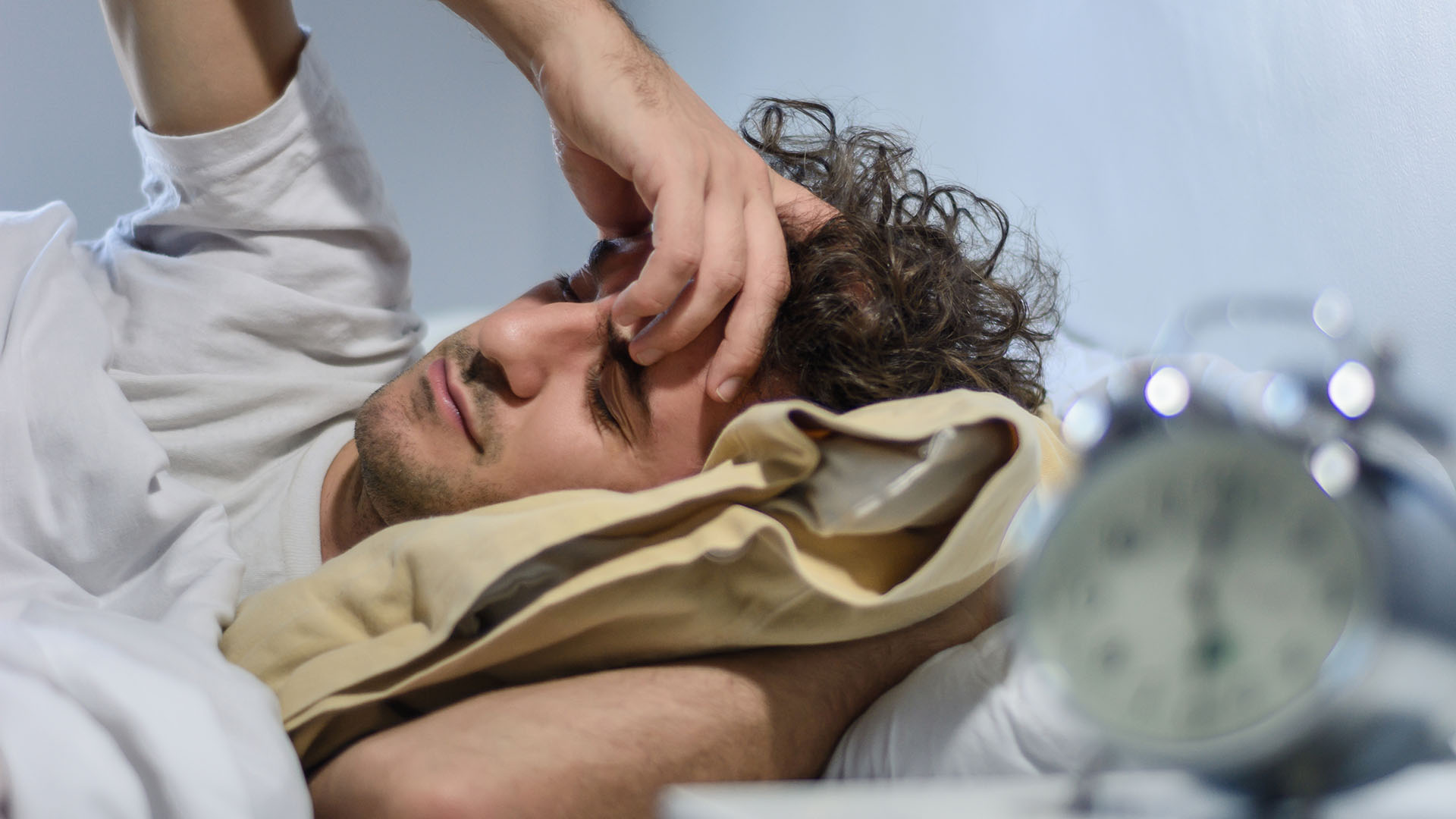
We’ve all experienced the impact of sleep deprivation after a few nights of sleeping badly. While we’d love to wake up feeling refreshed and raring to go every morning, all kinds of issues can get in the way of securing that precious shut-eye, leading to a lack of sleep.
But what are the major symptoms of sleep deprivation, and what can we do to help alleviate them? To find answers, we spoke to globally renowned sleep expert and Tedx speaker Dr Sophie Bostock, founder of The Sleep Scientist and a member of the American Academy of Sleep Medicine and the British Sleep Society.
- 5 key signs you're sleep deprived and how to fix it — advice from an insomnia expert
- Long-term sleep deprivation has serious health risks — but they can be reversed, says expert
What is sleep deprivation and what causes it?
Essentially, sleep deprivation is getting less sleep than we need, although Dr Bostock points out that we all need different amounts; most adults require seven to nine hours. “We can all cope reasonably well with a few nights of poor sleep, but the problems usually compound when we build up a sleep debt over weeks or months,” she explains.
Dr Bostock describes the possible causes of long-term sleep deprivation as “insomnia, shift work, parenting, chronic illness, menopause and sleep apnoea”, although this list is not exhaustive.
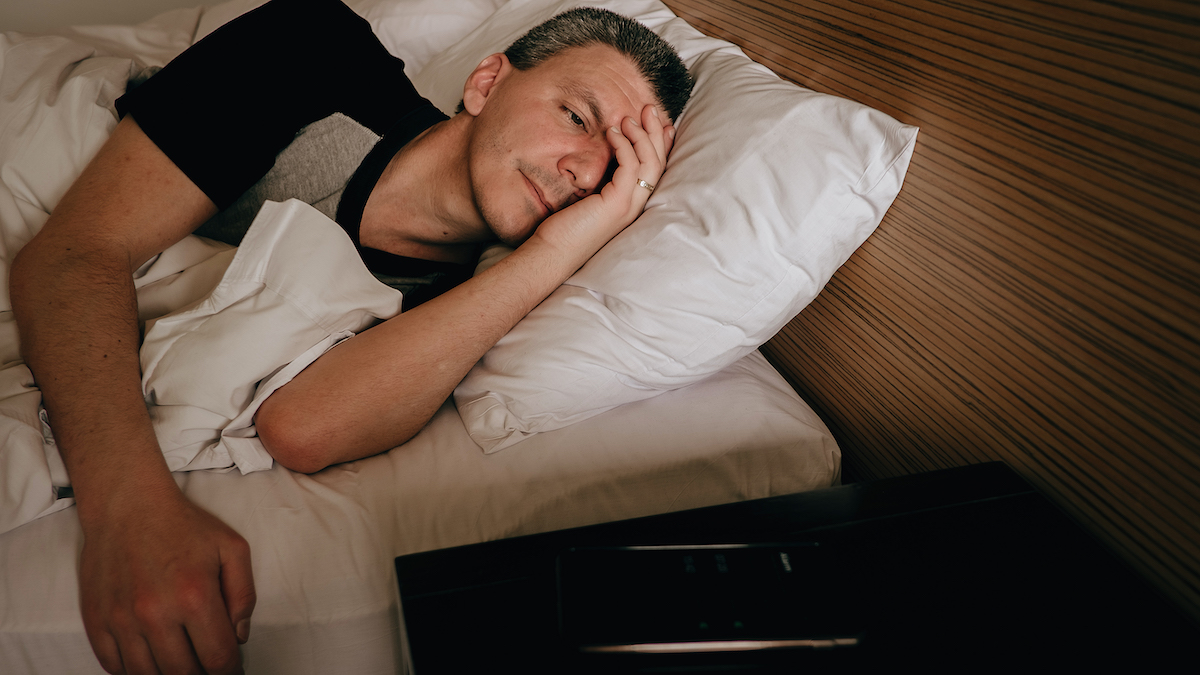
Symptoms of sleep deprivation, according to an expert
So what are the major symptoms of sleep deprivation to look out for, and what can we do if we experience them? Here Dr Bostock outlines and explains seven symptoms associated with a lack of sleep.
Treatment will depend on the cause, but Dr Bostock advises that “the first line treatment for insomnia is Cognitive Behavioural Therapy for Insomnia, a talking therapy.”
She adds that you might want to seek help from a doctor or sleep expert “when your sleep difficulties at night are interfering with how you function during the day, and you’re struggling to cope.”
Sign up to get the BEST of Tom's Guide direct to your inbox.
Get instant access to breaking news, the hottest reviews, great deals and helpful tips.
1. Trouble with thinking and concentrating
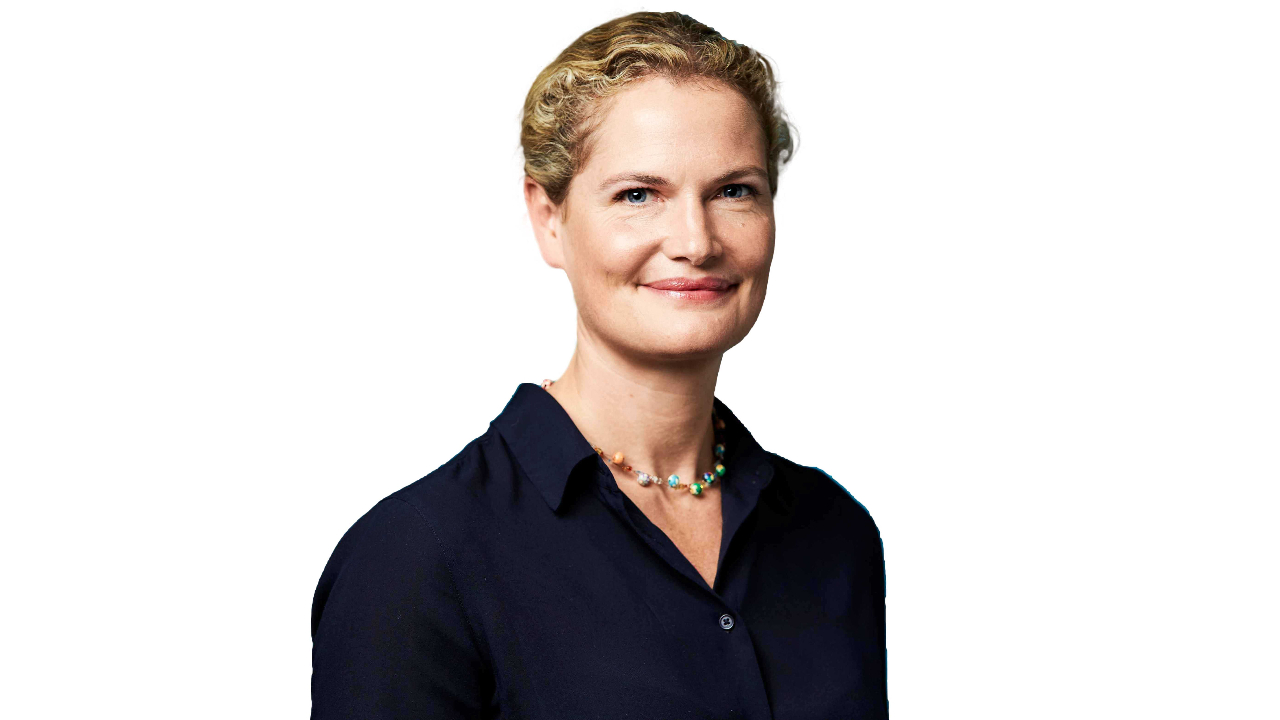
Dr Sophie Bostock studied medicine at Nottingham University, and later completed a PhD in Health Psychology at University College London (UCL). Dr Bostock spent five years working on award-winning digital sleep programme Sleepio, and, in collaboration with the Sleep and Circadian Neuroscience Institute in Oxford, has published research on the effects of better sleep on mental health and performance. Dr Bostock has also delivered talks for Tedx and Talks@Google.
As anyone who has ever suffered a bad night’s sleep can tell you, the resulting sleep deprivation can result in a fuzzy head that can cause difficulty with thinking and concentrating.
“Every aspect of cognitive function is vulnerable to sleep loss,” explains Dr Bostock. “The most sensitive? Reaction time.” According to The National Sleep Foundation guidelines, our reaction times are likely to increase alongside our sleep debt, meaning that we react more slowly to a stimulus; this can make us less productive and tasks can take longer.
Dr Bostocks adds that other cognitive functions affected by sleep loss include “verbal fluency, creativity, problem solving and evaluation of risk”. Try avoiding alcohol and caffeine to help prevent making these symptoms worse, and train yourself in improving your hand-eye coordination to try and improve your overall reaction time.
2. Memory issues
According to a 2007 study looking at sleep deprivation and its impact on cognitive performance, a lack of sleep not only impacts our cognitive function; it can affect our memory too. Our brains create new connections that help us to process and recall information while we sleep, so missing out on the slumber we need can impact both our short and long term memory.
In the short term, Dr Bostock describes this as a “reduced capacity to learn and poor recall”, while in the long term, she says a lack of sleep can be “associated with risks of cognitive decline”. If you’re concerned, speak to a doctor or qualified sleep expert.
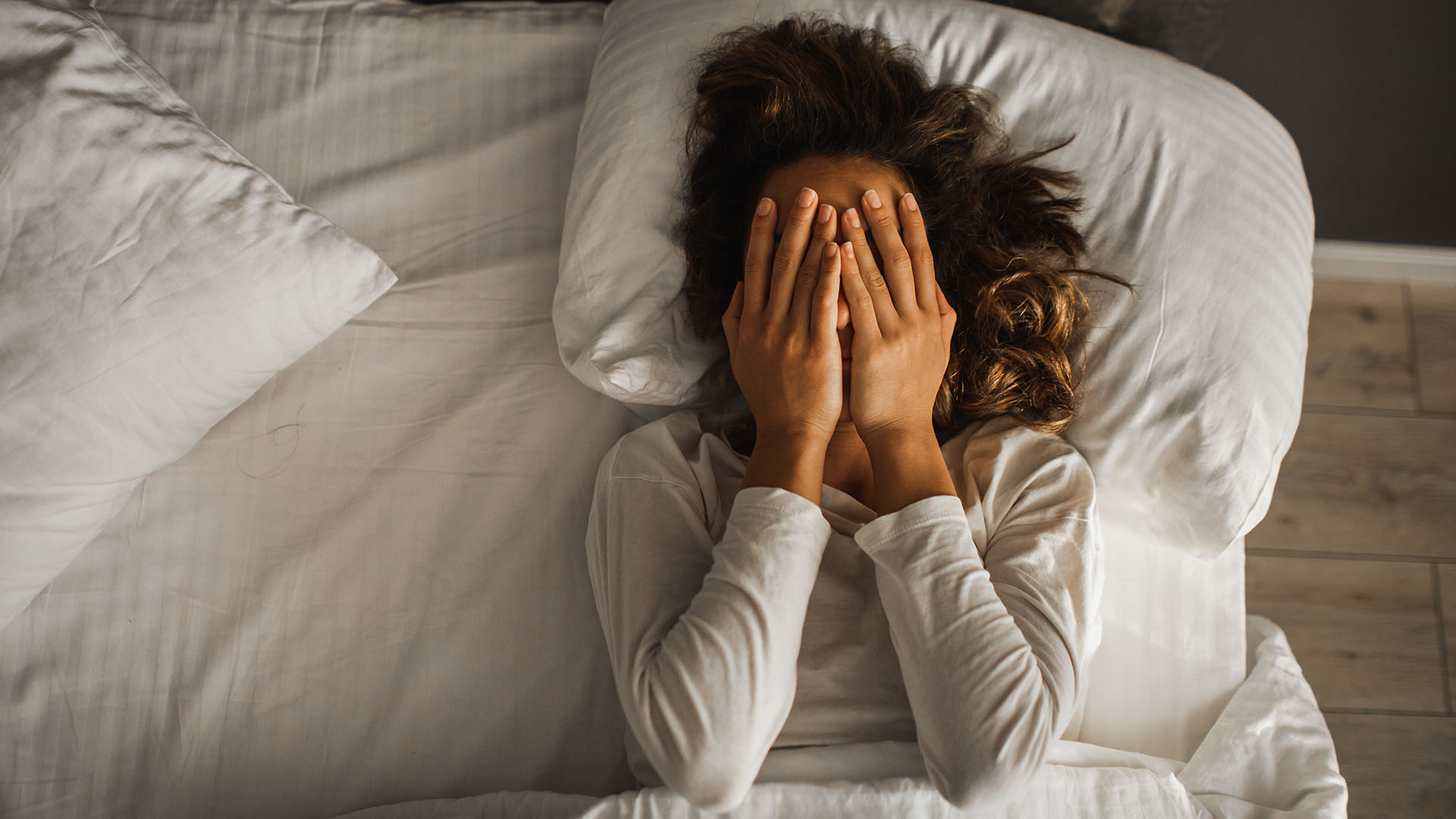
3. Changes in mood
It’s completely understandable if you wake up feeling a bit grumpy after a night of poor sleep. As Dr Bostock explains, “Anxiety, irritability, impulsivity and emotional dysregulation” are all likely symptoms of sleep deprivation in the short term.
Usually a good night’s sleep should be enough to restore your mood back to normal, but if you continue to suffer from sleep deprivation in the long term, Dr Bostock adds that you could be at risk of anxiety, depression, psychosis and more.
In this case, it could be a good idea to seek help from a doctor or sleep expert, and there are also numerous resources available, such as mental health charities or support groups in your local area.
4. Weakened immunity
Have you ever found yourself feeling a bit run down after a patch of bad sleep? It could be due to sleep deprivation, which can lead to weakened immunity and lowered defences against pesky common infections, such as colds and flus. (Find out more about how sleep affects your immune system.)
So what can you do to help your body recover? “All the usual things you do to improve the immune system,” explains Dr Bostock. This can include “a healthy diet with plenty of fruit and vegetables, regular exercise, plenty of daylight, not smoking, not drinking to excess, and allowing time to relax.”

5. Poor appetite control
If you find yourself reaching for more snacks than usual after a bad night’s sleep, you’re not alone. If you’re experiencing sleep deprivation, you’re also likely to feel more hungry, due to the impact on the hormones leptin (linked to feelings of fullness) and ghrelin (linked to hunger).
Dr Bostock explains that sleep deprivation can lead to lower levels of leptin and higher levels of ghrelin, which can equal more cravings and less self-control. Understandably, this can lead to weight gain and obesity in the long term. The solution? Try to opt for healthier snacks or smaller portions if you can, and aim to get a good night’s rest as soon as possible.
6. Poor blood sugar control
A lack of sleep can also wreak havoc with our body’s ability to regulate our blood sugar levels. Dr Bostock explains that sleep deprivation can lead to “higher insulin resistance and higher blood glucose levels”, and over time, a risk of developing diabetes.
Is there any way to help our bodies counteract this risk? “Avoid high glycaemic index foods as much as possible,” Dr Bostock advises, adding that regular exercise and rest are also key. Again, if you’re concerned that your lack of sleep could be putting you at risk, seek help from a doctor.
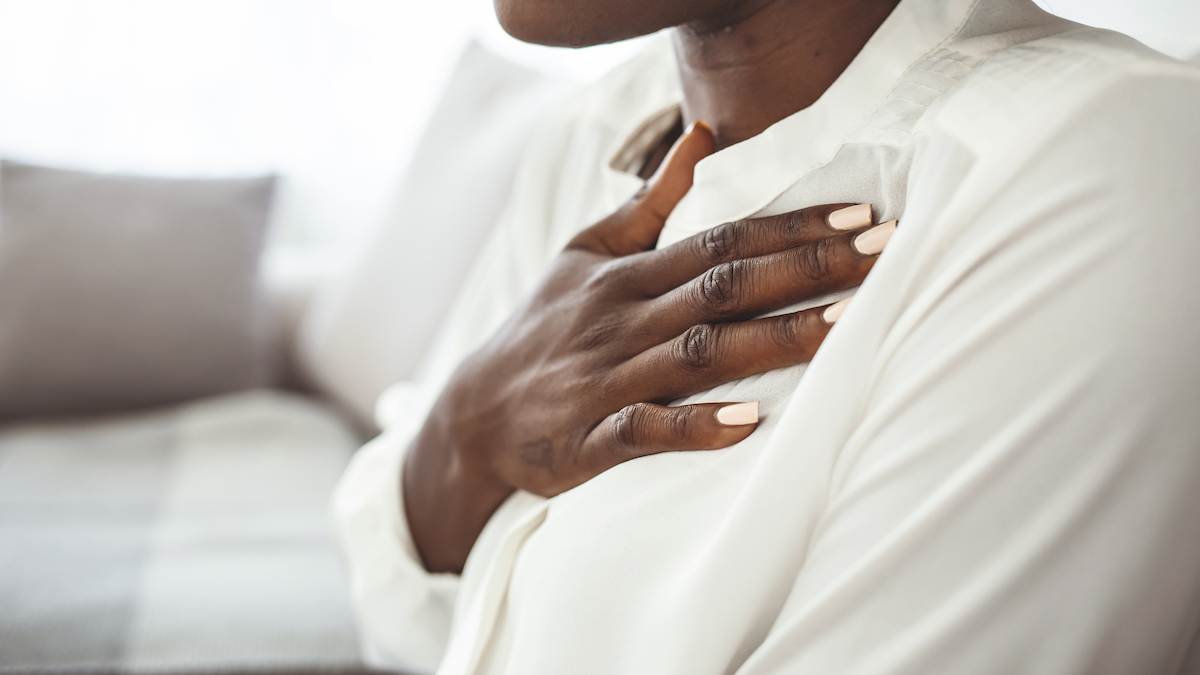
7. Cardiovascular risk
According to the NHS sleep deprivation can also put you at an increased risk of problems with your cardiovascular system over time, as it can lead to increased blood pressure and atherosclerosis.
“Blood pressure increases in acute response to activation of the fight or flight stress response,” explains Dr Bostock. “Sleep deprivation makes your fight or flight system more twitchy; we live in a constant state of hyperarousal, and higher blood pressure is one result.
“Sleep deprivation also causes a pro-inflammatory state, and inflammation is one of the big drivers of atherosclerosis.” This can lead to a risk of suffering from serious conditions such as coronary heart disease or a stroke. If you’re concerned, always speak to a doctor.
Sarah Biddlecombe is an award-winning freelance journalist and editor who writes about sleep and wellbeing. As a long-suffering insomniac, Sarah has been writing about sleep for many years, including features, news and product reviews, as well as launching the Sleep Diaries franchise at Stylist. Sarah has written for The Times, The Guardian Weekend, TechRadar, The Independent and more, and writes about sleep health and techniques for Tom's Guide.

